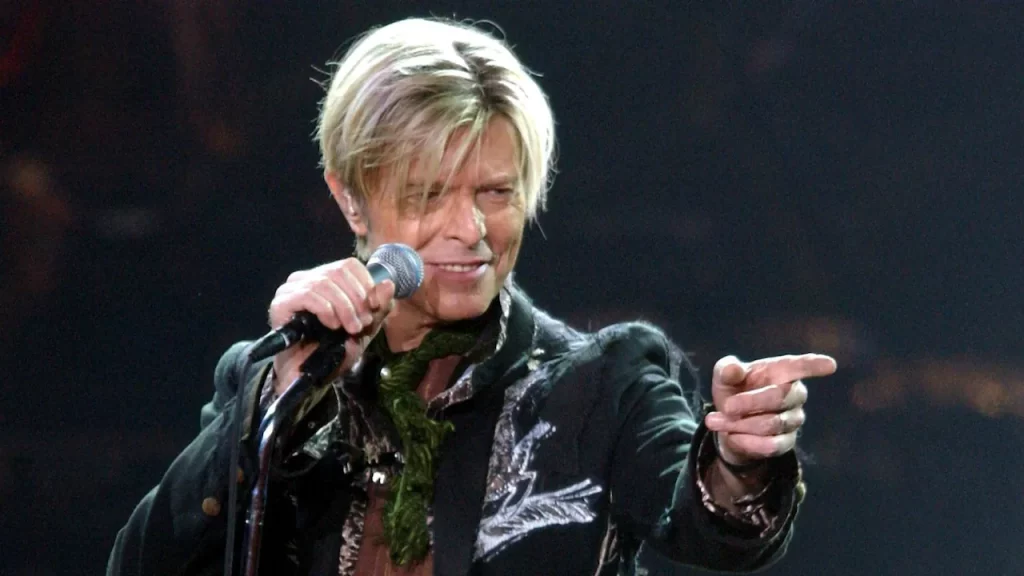From the outset, David Bowie eschewed the safety of conventional music. Whether as a glam rock icon or the innovator behind the Berlin trilogy, ‘The Starman’ prided himself on traversing myriad genres throughout his career, shape-shifting into whatever form the moment demanded. Despite his eclectic nature, Bowie found himself genuinely taken aback when he first encountered a classic that managed to shock even his diverse sensibilities.
Yet, Bowie’s musical trajectory could have veered in an entirely different direction had his debut received the attention it deserved. Before becoming the spaced-out rock and roll alien we know today, many of Bowie’s early compositions exhibited a vaudeville flair, exploring fanciful themes in songs like ‘Rubber Band’ and ‘Love You Till Tuesday.’
While psychedelia and folk elements permeated his early work, Bowie keenly observed the evolving music scene. The summer of love in England and the transformative shifts in the American music scene, exemplified by acts like The Doors, signaled a departure from the optimistic vibes of flower power.
In the realm of darker narratives, none spoke with as much authority as Lou Reed did with The Velvet Underground. Positioned as a counterforce to the flower power ethos, the band delved into the seedy underbelly of New York City, treating the lives of drug dealers and prostitutes with the same artistic reverence as poets.
Despite initial critical skepticism about their debut album, The Velvet Underground produced electrifying tracks, none more powerful than ‘I’m Waiting for the Man.’ Detailing Reed’s anticipation on a New York City street for his drug dealer, the song’s relentless energy foreshadowed the emergence of punk rock and the chaotic artistic expressions of bands like The Stooges.
When Bowie first heard the song, it struck a chord. Eager to shed his folk-rock balladeer persona, he was captivated by the intensity in Reed’s voice and sought to reinvent his image accordingly. Reflecting on the impact of The Velvet Underground later, Bowie expressed awe, stating, “It was serious and dangerous, and I loved it. I literally went into a band rehearsal the next day, put the album down, and said, ‘We’re going to learn this song. It is unlike anything I’ve ever heard.’ I must have been the first person in the world to cover a Velvet Underground song.”
In subsequent albums, Bowie paid homage to Reed by writing tracks like ‘Queen Bitch’ inspired by their style. If Reed’s music sparked Bowie’s desire to dream bigger, Ziggy Stardust represented his final transformation into a rock and roll marvel, consistently incorporating covers of Velvet Underground tunes into his live performances. Bowie, destined for greatness beyond folk-rock, found his true calling through the influence of Reed’s music.

